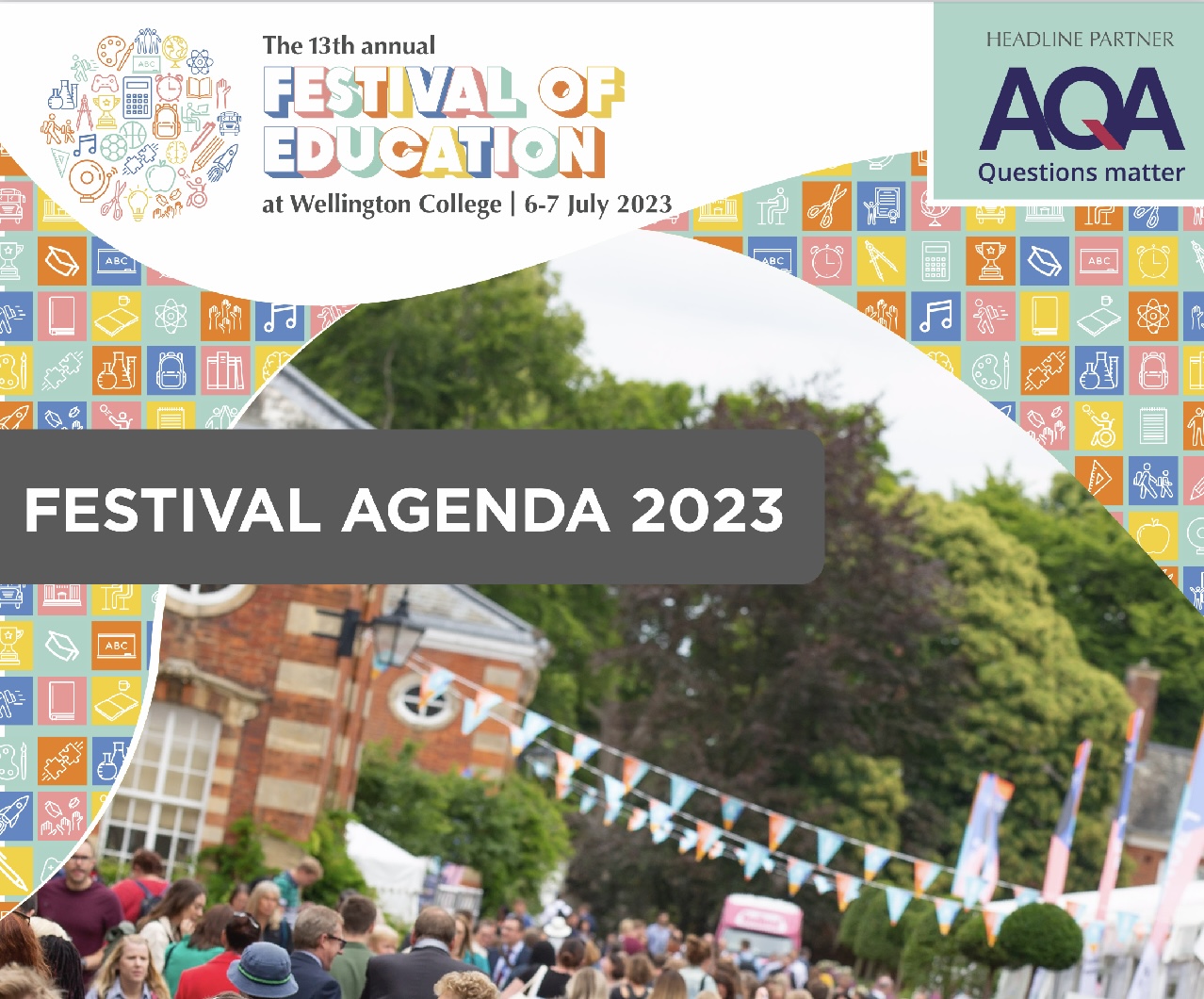Speakers:
Sabah Gilani OBE, Founder and Director of Muslim Mind Collaborative
Dr Sania Shakoor, Lecturer in Mental Health at Queen Mary’s University of London
At the 13th Annual Festival of Education – Wellington College, the Muslim Mind Collaborative (MMC) introduced groundbreaking resource aimed at addressing the mental health needs of Muslim pupils in schools. The session highlighted the pressing challenges faced by schools in understanding and supporting Muslim students and unveiled MMC’s Muslim Mental Health Toolkit for Schools.
Evidencing the Need for Change
Through surveys and research, MMC uncovered key insights into the gaps in schools’ cultural and faith literacy when it comes to Muslim pupils:
- Over 90% of respondents felt that a toolkit designed to support Muslim mental health was necessary and useful.
- 90% agreed on the importance of faith and cultural-sensitivity training in schools.
- 70% of non-Muslim respondents felt inadequately trained or unsure about addressing topics related to Islam and Muslims in their school settings.
- School staff expressed a strong desire to learn about Muslim lived experiences, including areas often misrepresented in the media, such as intergenerational differences, gender roles, and perceived conflicts with Western values
In addition, feedback from MMC’s Roundtable on March 1st, which gathered experts from education and mental health sectors, underscored the widespread need for resources and training to enhance faith literacy and mental health support in schools.
Muslim Mental Health in schools : our toolkit
MMC’s Muslim Mental Health Toolkit offers schools evidence-informed, accessible, and adaptable resources created by experts and practitioners in the sector. Key features include:
- Universal Application: While focused on Muslim mental health, the toolkit is designed to support all students, providing broader mental health benefits alongside key insights into the lived experiences of Muslim pupils.
- Faith-Sensitive Resources: Materials to destigmatize Muslim identity and culture while offering nuanced, accurate information about Islam.
- Practical, High-Quality Tools: Ready-to-use lesson plans, posters, and presentation materials that empower educators to foster inclusivity and understanding.
What Makes Our Toolkit Unique?
The toolkit is built upon the voices of Muslim pupils, socially informed research, and practice-led expertise, offering:
- A unique perspective into British Muslim sensibilities, attitudes, and faith practices.
- Resources designed to break down barriers and create greater cultural understanding.
- Practical tools to enhance inclusivity and mental health outcomes for all students.
A Step Towards Inclusive Education
The Muslim Mental Health Toolkit equips schools to better support their Muslim pupils while fostering a more inclusive and understanding environment for all students. It represents MMC’s commitment to bridging gaps in faith literacy, addressing stigma, and improving mental health outcomes in educational settings.

